On the first day of the summit, the European Council adopted conclusions on Ukraine. The leaders were joined by Ukrainian President Volodymyr Zelenskyy via video conference for a discussion at the beginning of the summit.
Russia’s aggression against Ukraine
EU leaders urged Russia to immediately stop its indiscriminate attacks against civilians and civilian infrastructure, and to withdraw, immediately and unconditionally, all its troops and military equipment from the entire territory of Ukraine within its internationally recognised borders.
Leaders stressed that international humanitarian law, including the Geneva Convention relative to the treatment of prisoners of war, should be fully respected. They also called on Russia to allow:
- immediate humanitarian access and the safe passage of all civilians concerned
- the safe return of Ukrainian individuals forcibly removed to Russia
Prosecution of war crimes
The European Council commended all those helping to gather evidence and to investigate war crimes, and expressed its support for the work of the Prosecutor of the International Criminal Court and of Ukraine’s Prosecutor General, assisted by the EU and its member states.
EU heads of state and government welcomed the establishment of a joint investigation team coordinated by Eurojust and the ongoing operational support provided by Europol.

Council adopts new rules allowing Eurojust to preserve evidence of war crimes
|
Sanctions
The European Council agreed that the sixth package of sanctions against Russia will cover crude oil, as well as petroleum products, delivered from Russia to member states. A temporary exception for crude oil delivered by pipeline will be made. In case of sudden interruptions of supply, emergency measures will be introduced to ensure security of supply.
Leaders urged the Council of the European Union to finalise and adopt the new sanctions without delay, ensuring:
- a well-functioning EU single market
- fair competition
- solidarity among member states
- a level playing field for phasing out EU dependency on Russian fossil fuels
EU support to Ukraine
Since the beginning of the Russian aggression, the European Union has been stepping up its support for Ukraine’s overall economic, social and financial resilience.
Humanitarian aid
EU leaders underlined that the EU and its member states have provided protection to millions of refugees fleeing the war in Ukraine, and that they remain committed to welcoming them and ensuring their safety. They also invited the Commission to present new initiatives to support this effort within the Multiannual Financial Framework.
The European Council also commended the results of the high-level international donors’ conference co-hosted by Poland and Sweden.
Financial support
EU heads of state and government stressed that the EU will continue to assist the Ukrainian government with its urgent need for liquidity, and that it is ready to grant Ukraine new exceptional macro-financial assistance of up to €9 billion in 2022.
Reconstruction of a democratic Ukraine
The European Council said that a Ukraine reconstruction platform should be considered and that this platform should bring together the Ukrainian government, the EU and its member states, the European Investment Bank as well as international partners, financing institutions and organisations.
EU leaders highlighted that EU support for reconstruction will be linked to the implementation of reforms consistent with its European path and invited the European Commission to make proposals on this basis.
The European Council also supported further options in line with EU and international law being actively explored, including options aimed at using frozen Russian assets to support Ukraine’s reconstruction.
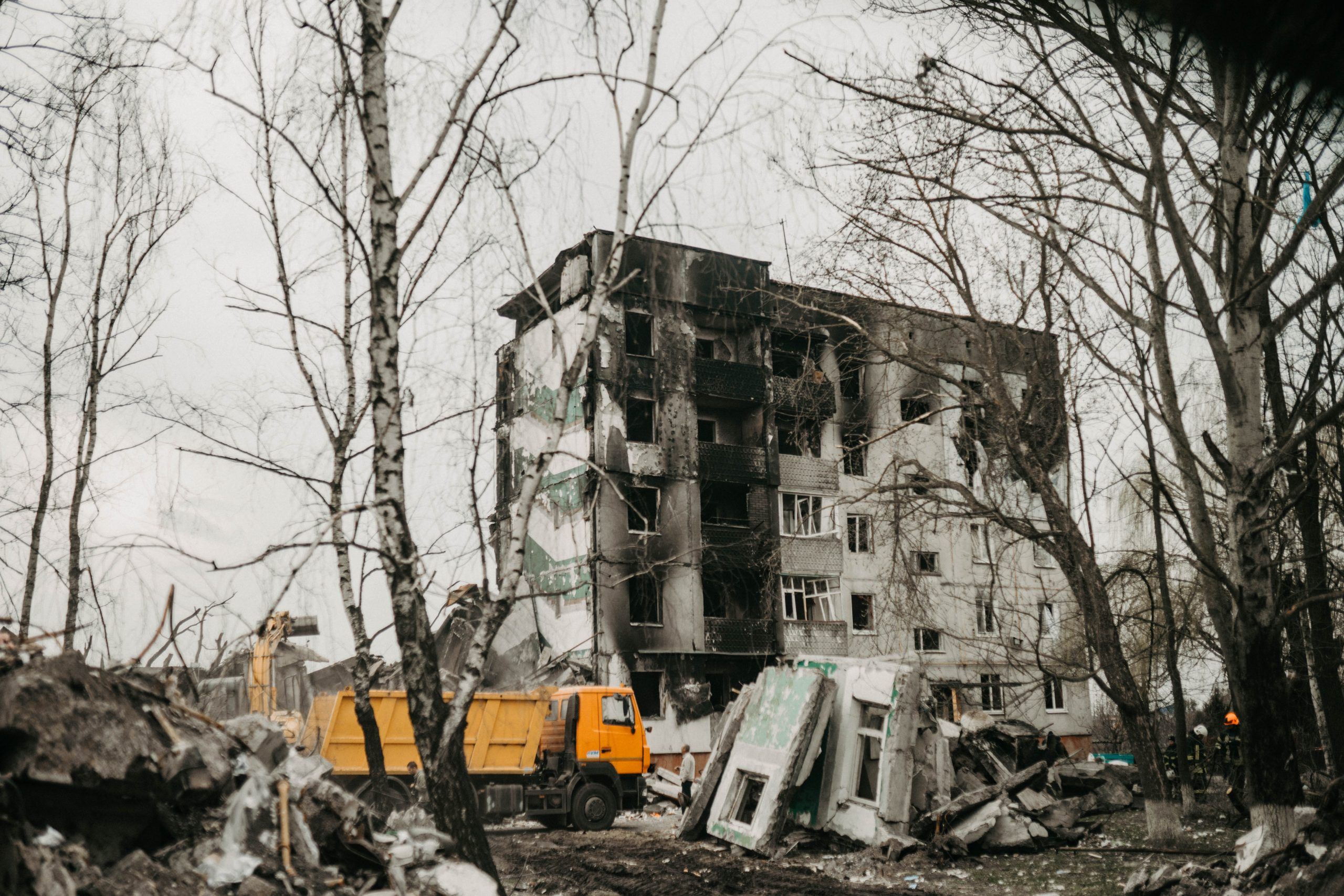
Ukraine’s financing gap and longer-term reconstruction
|
Military support
The European Union remains committed to continue bolstering Ukraine’s ability to defend its territorial integrity and sovereignty. In this respect, the European Council welcomed the adoption of the recent Council decision to increase military support to Ukraine under the European Peace Facility.
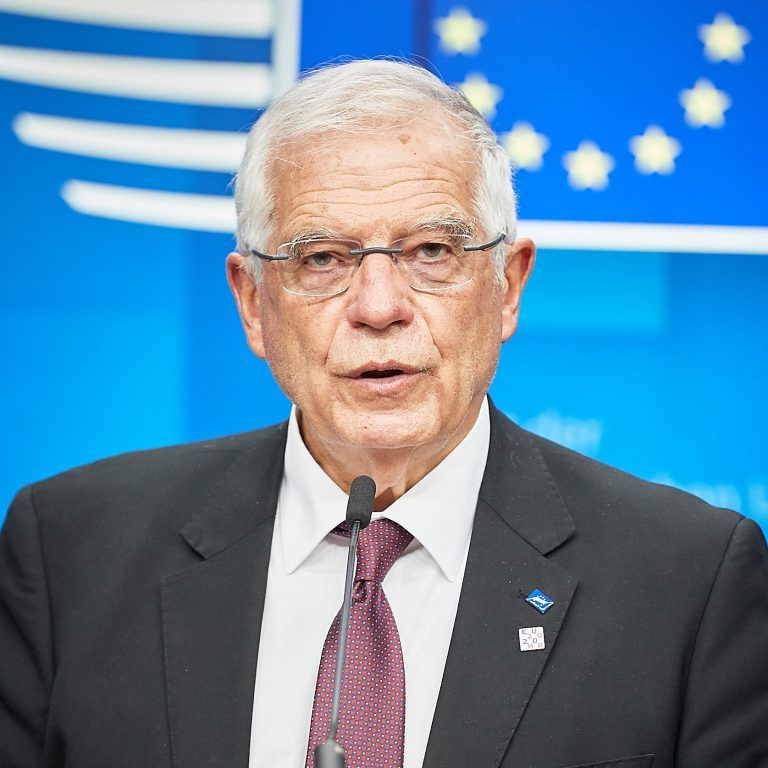
Council agrees on further increase of support under the European Peace Facility
|
Trade measures
The European Council welcomed the adoption of the decision to suspend import duties on all Ukrainian exports to the European Union for one year.
Political support
EU leaders took note of the preparation of the Commission’s opinions on the application for EU membership of Ukraine, the Republic of Moldova and Georgia, and said they will return to this matter at their June meeting.
They stressed that the EU and its member states will step up their efforts to reach out to third countries in order to:
- support Ukraine
- counter the false Russian narrative and manipulation of information
- prevent sanctions evasion and circumvention
EU support to neighbouring countries
The European Council emphasised the impact of Russia’s war against Ukraine on neighbouring countries and the Western Balkans and highlighted the need to provide all relevant support to the Republic of Moldova.
The European Council reiterated its call for an end to repression in Belarus and recalled the democratic right of the Belarusian people to new, free and fair elections.
More information: European Council – Press release

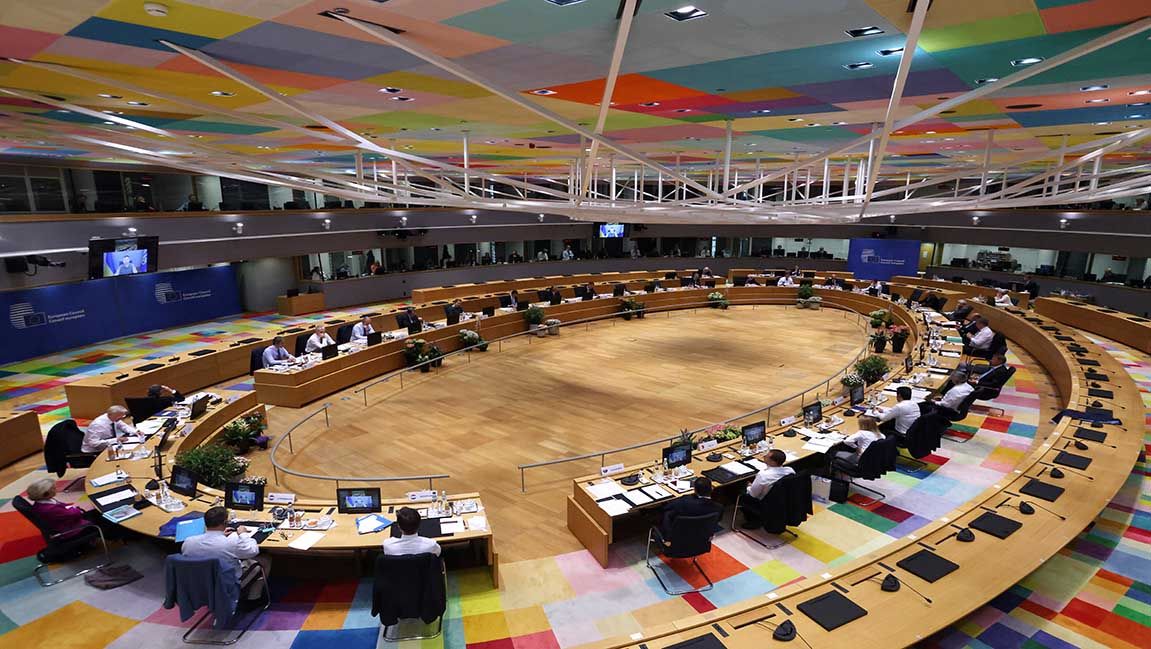
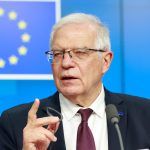
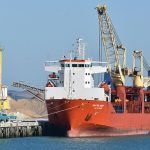
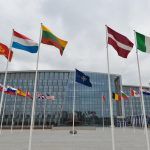

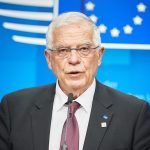
Leave a Reply